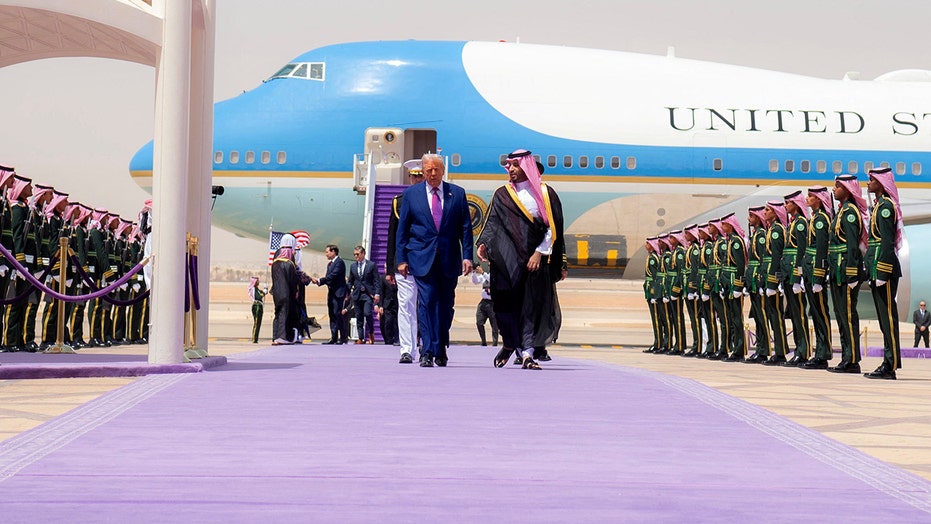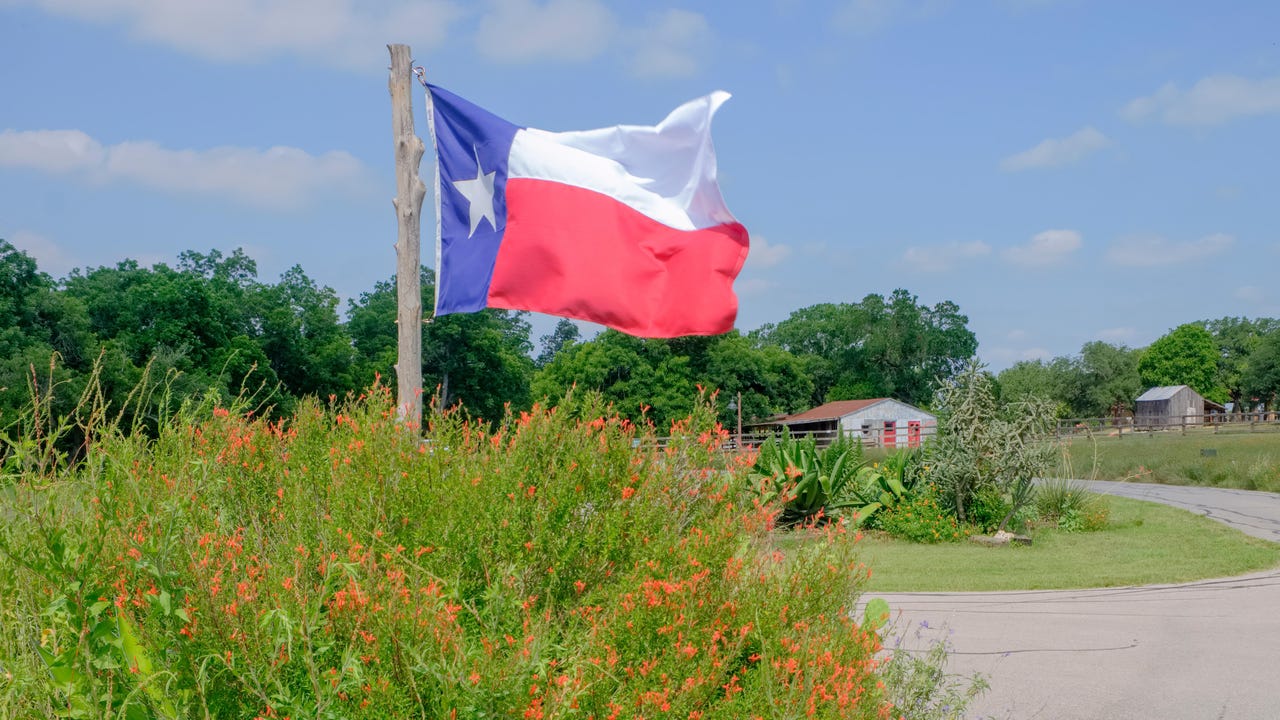Finding a way forward in the India-Pakistan conflict | Letters
Prof Shafiqul Islam and Wajid Mushtaq Teli respond to an editorial on the ongoing military clashes between the two countriesYour editorial (The Guardian view on India and Pakistan: a newly dangerous moment in an old dispute, 7 May) underscores the alarming escalation between India and Pakistan, but the suspension of the Indus waters treaty and the missile strikes are more than just a return to familiar hostility. They reflect a deeper pattern that I call the urgency-actionability trap: the impulse to respond to provocation, even when those responses, whether symbolic or military, offer little durable benefit and risk spiralling escalation.India’s suspension of the Indus treaty is technically limited – it cannot “turn off the tap” overnight – but it sets a dangerous precedent in normalising water as a weapon. Pakistan’s retaliatory posture, similarly, satisfies domestic politics while weakening regional water security. Neither action advances stability; both reinforce distrust. Continue reading...

Prof Shafiqul Islam and Wajid Mushtaq Teli respond to an editorial on the ongoing military clashes between the two countries
Your editorial (The Guardian view on India and Pakistan: a newly dangerous moment in an old dispute, 7 May) underscores the alarming escalation between India and Pakistan, but the suspension of the Indus waters treaty and the missile strikes are more than just a return to familiar hostility. They reflect a deeper pattern that I call the urgency-actionability trap: the impulse to respond to provocation, even when those responses, whether symbolic or military, offer little durable benefit and risk spiralling escalation.
India’s suspension of the Indus treaty is technically limited – it cannot “turn off the tap” overnight – but it sets a dangerous precedent in normalising water as a weapon. Pakistan’s retaliatory posture, similarly, satisfies domestic politics while weakening regional water security. Neither action advances stability; both reinforce distrust. Continue reading...




















_ElenaBs_Alamy.jpg?width=1280&auto=webp&quality=80&disable=upscale#)

















![Bitten By Bed Bugs At Luxor—Rushed To Hospital, All They Did Was Waive Her Resort Fee. Now She’s Suing [Roundup]](https://viewfromthewing.com/wp-content/uploads/2025/05/luxor.jpg?#)





























